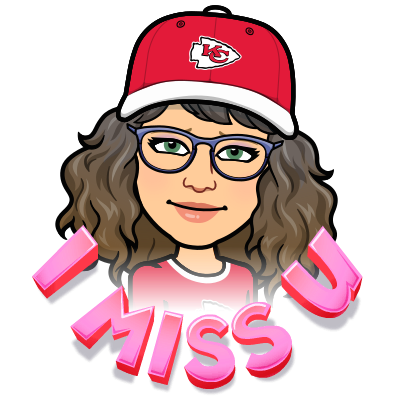Math:
Weekly Math Talk:

Students worked on practice word problems involving addition and subtraction of proper and improper fractions, as well as mixed numbers.
Final Test for Fractions is Monday Nov 18.
Suggested practice questions from Mathlinks 7:
p 222-223 #5, 8, 9, 10, 13, 15, 17
p 260-261 #6, 7, 10-22
Want to know what your student will be learning this year in math? Check this out:
https://www.learnalberta.ca/content/mychildslearning/grade7_math.html#0
Science:
Students continued to observe their bean seed this week, investigating whether seeds can germinate with minimal resources - just water and sunlight. Unfortunately, they were quite dry over the long weekend and most have perished. We re-started the experiment Friday and will continue to observe new seeds in the coming weeks.
We also observed demos of plant processes and took notes on diffusion, osmosis, capillary action, transpiration, photosynthesis and cellular respiration.
Resources for practice and review:
https://ca.ixl.com/math/grade-7
https://www.khanacademy.org/math/k-8-grades/cc-seventh-grade-math
http://www.learnalberta.ca/Home.aspx
username: LA06
password: 4501
Upcomming:
November 22 - Professional Learning Day, no classes




